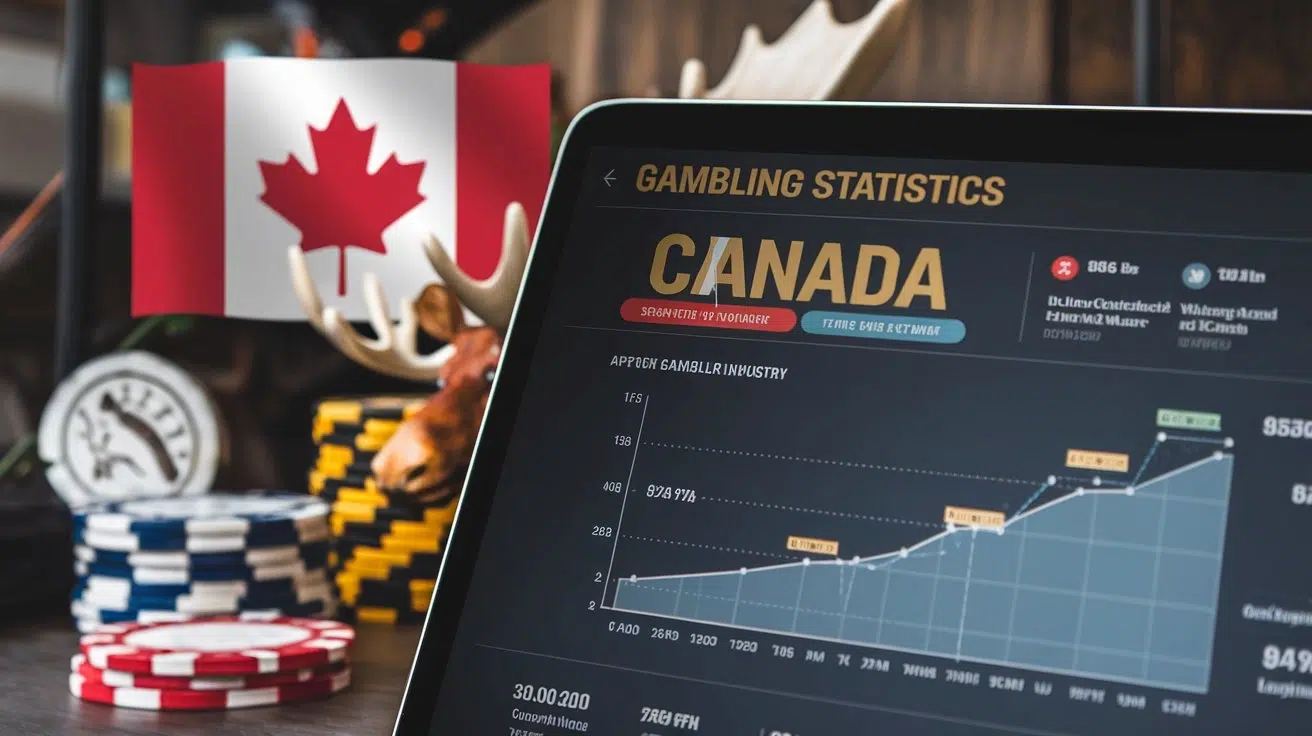79tka Insights
Your go-to source for the latest news and information.
Rolling the Dice Together: How Community-Based Gambling Builds Bonds
Discover how community-based gambling fosters connections and strengthens bonds while adding excitement to social interactions.
The Social Stakes: Exploring the Benefits of Community-Based Gambling
The concept of community-based gambling goes beyond mere entertainment; it fosters a sense of belonging and connection among participants. By engaging in local games and events, individuals can build friendships and strengthen community ties. This social interaction is crucial as it promotes mental well-being and creates a supportive network. Furthermore, local establishments often reinvest a portion of their profits back into the community, funding projects such as schools, parks, and social programs. This cyclical benefit illustrates how community-based gambling can serve as a catalyst for community growth and development.
Another significant advantage of community-based gambling lies in its ability to promote responsible gaming practices. By participating in regulated, localized events, players are more likely to adhere to safe gambling behaviors. Community organizations can also facilitate educational programs about gambling addictions and responsible habits, creating a safer environment for participants. The communal aspect encourages players to look out for one another, making it easier to identify and address problem gambling behaviors. Ultimately, the social stakes associated with community-based gambling not only enrich the player experience but also contribute to a healthier, more informed community.

Counter-Strike is a highly popular first-person shooter game that emphasizes teamwork, strategy, and skill. Players can choose to take on the role of terrorists or counter-terrorists, each with unique objectives. To enhance your gaming experience, don't forget to check out the bc.game promo code for some exciting bonuses.
How Community Games Foster Connections: A Deep Dive into Social Cohesion
Community games serve as powerful tools for fostering connections among participants, transcending barriers of age, background, and ability. By engaging individuals in a shared activity, these games create a unique environment where collaboration and teamwork thrive. Whether it’s a neighborhood sports day, a local trivia night, or a community board game tournament, such events encourage interaction, promote friendship, and facilitate understanding. Participants discover common interests and build relationships that often extend beyond the game itself, strengthening the fabric of the community.
Moreover, the impact of community games goes beyond just initial interactions; they play a crucial role in enhancing social cohesion. Studies have shown that regular participation in these activities can lead to improved mental health and an enhanced sense of belonging among community members. When people come together for a common purpose, they not only enhance their skills in sports or games but also develop empathy and cultural appreciation. As these connections deepen, they help create a more resilient community, equipped to face challenges together and celebrate shared victories.
Is Gambling Together the Key to Stronger Community Bonds?
Gambling together can be more than just a recreational activity; it serves as a unique medium for strengthening community bonds. When individuals gather around a game table or participate in local betting events, they create shared experiences that foster trust and camaraderie. Is gambling together the key to stronger community bonds? Many communities have harnessed this social aspect, using local casinos or charity poker nights as a way to bring residents together, encouraging interaction and collaboration that extends beyond the gambling itself.
Additionally, these gatherings often lead to the formation of stronger community ties through the establishment of shared values and goals. Participants often find common ground in their excitement and anxieties surrounding the games, which can lead to meaningful conversations and partnerships. Moreover, local events centered around gambling can serve as fundraisers for community projects, undeniably linking the act of gambling with a greater cause that benefits everyone involved. Thus, it becomes evident that the answer to the question lies in the social dynamics created through these shared experiences.